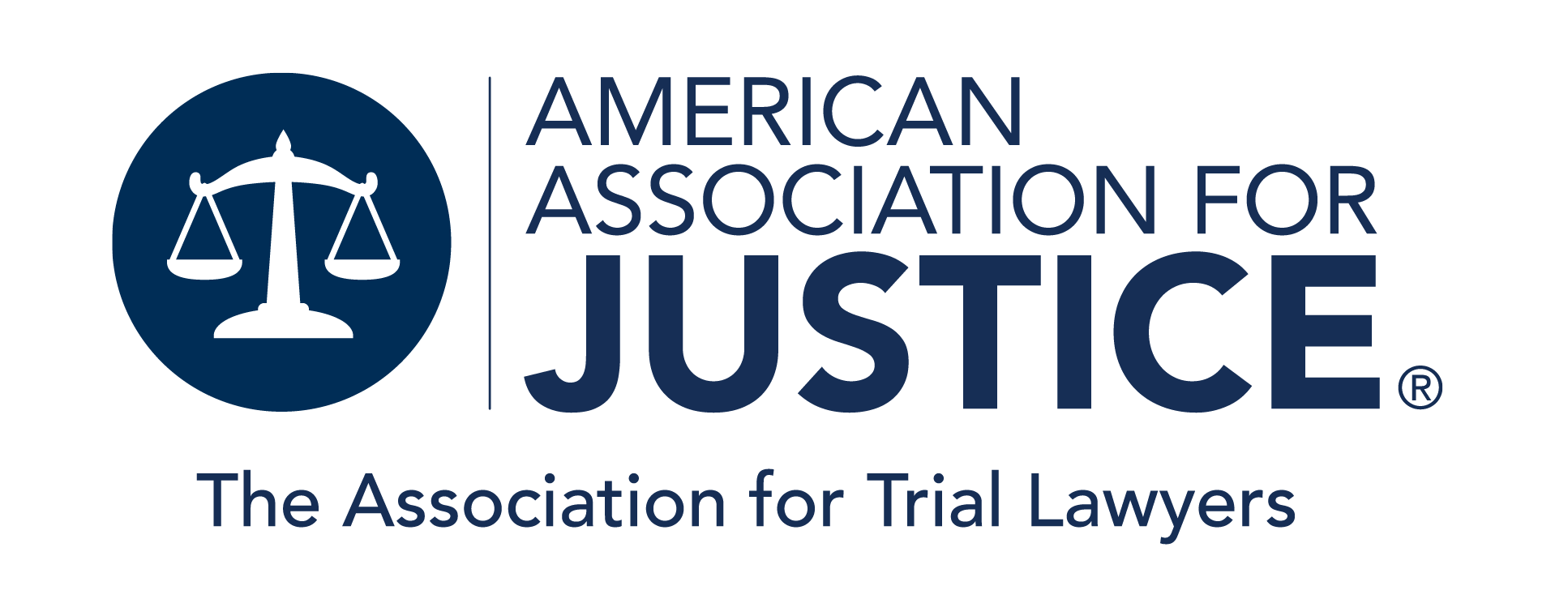Bid Rigging
Colluding to take advantage of the government.
If you suspect your employer has colluded with other companies and involved in bid rigging, contact Price Armstrong.

What is bid rigging?
When companies collude to manipulate prices, they take advantage of the government, committing a fraudulent act known as bid rigging. Committing this type of government contractor fraud is akin to stealing money from taxpayers. Bid rigging artificially elevates the value of government contracts and prevents organizations from having a fair shot at competing for government contract.
Bidding ensures fair competition.
The United States government spends the equivalent of Sweden’s economy each year on contracts with for profit and non-profit companies who provide goods and services. These coveted contracts provide income and jobs for millions of people; the government has a bidding process to ensure fair competition among companies interested in securing a contract. Competition also ensures companies provide their best price so U.S. tax dollars aren’t wasted on overpaying for goods and services.
Those who suspect a company is bid rigging need to take action to help ensure a level playing field and prevent taxpayers and consumers from bearing the higher costs caused by collusion.
The exact bidding process for a government contract varies slightly based on the type of contract and the agency offering the contract; however, the process is very similar across agencies. Once a company does their homework, they must scour government contract websites for Requests for Proposals (RFP), Requests for Quote (RFQ) and Invitations for Bid (IFB). After a bid is submitted, the government takes up to 120 days to evaluate bids paying special attention to:
- How responsible and responsiveness the company is
- If the proposal is technically acceptable
- The quality of references, pricing and contract terms
Bid Suppression
This occurs when one or more competitors withhold or withdraw their bids to ensure a particular company wins the government contract. Those who partake in bid suppression might use bribes, threats and violence to prevent bids on a particular contract.
Complementary Bidding
Also known as “cover” or “courtesy” bidding, complementary bidding occurs when a bidder intentionally sets a high price or includes special terms to ensure they don’t win the government contract. As the most common form of bid rigging, complementary bidding gives the false appearance of legitimate competition for a contract.
Bid Rotation
These bid rigging schemes include a group of companies who take turns submitting the lowest bid. Those who collude might take turns based on the size of the contract, and split the money among the group or award subcontracts to non-winning contractors.
Subcontracting
Many bid rigging schemes include subcontracting arrangements. A company might agree not to bid or to submit a losing bid in exchange for supply contracts from the winning bidder.
Bid-rigging can take multiple forms, all of which undermine market competition and cost taxpayer’s money. However, two federal laws exist to prevent and catch this type of fraud. When businesses collude, it results in oligopoly—when the market is shared by a small number or producers or sellers.
Federal laws to tackle Bid Rigging
The Sherman Act of 1890 was the first federal mandate regulating monopolistic business practices and it still applies today. When any party deliberately attempts to defraud the U.S. government, a violation of the False Claims Act occurs. Both violations can result in suspensions, fines, and even prison.
Whistleblowers are responsible for 72% of the funds recovered since the FCA amendment in 1986.
How to detect bid rigging.
Fortunately, when one looks closely or takes the time to explore, bid rigging is often easy to uncover. The DOJ recommends keeping your eyes open for the following things, which might indicate bid rigging:
- The same companies continuously submit bids resulting with the same winner.
- The same vendors submit bids with rotating winners.
- The number of bids is lower than normal.
- The company you work for bids different amounts for the same work on different bids.
- Bid prices drop when a new bidder submits a bid.
- The winning bidder offers subcontracts to losing bidders.
- Bids contain last-minute changes.
- A company requests multiple bid packages and submits a bid as well as a competitor’s bid.
- A company submits a bid for which they don’t have the capacity to fulfill.
- A company only bids after trying to determine their competition.
If you suspect a company has been engaged in bid rigging or collusion, you need to contact a whistleblower lawyer as soon as possible. A qualified attorney can protect you from whistleblower retaliation and guide you through filing a suit under the False Claims Act.
The skilled legal team at Price Armstrong maintain a commitment of excellence, including protecting whistleblowers and holding fraudsters accountable for their action to maintain the integrity of the competitive bidding process for government contracts. Our attorneys help bid rigging whistleblowers recover millions of dollars for the government and will aggressively pursue the best outcome for your situation.

Protection & Rewards
The False Claims Act.
The False Claims Act ensures that any whistleblower who brings claims exposing government fraud is protected. The Anti-Retaliation provision in the False Claims Act establishes that an employee, contractor, agent, or any other type of whistleblower which is employed by the company at issue cannot be retaliated against, or threatened for retaliation, for their actions.
Protection against Retaliation or Harassment.
Retaliation could take the form of harassment, dismissal, demotion or disciplinary measures. Harassment could also include such behaviors as failing to renew the contract of a whistleblower, withdrawing certain privileges (such as access to training), or the loss of responsibilities (marginalization).
Billions have been recovered. Up to 30% awarded.
In 2023 alone, whistleblowers helped the government recover $2.68 Billion. For their courage and assistance, a whistleblower can be awarded 15% to 30% of the amount recovered in their case.





Frequently Asked Questions
Can anyone bring a qui tam or whistleblower action?
If you have specific information about a violation of the False Claims Act or government fraud, then you may bring a qui tam action, unless you are a current or former member of the Armed Forces or convicted of criminal misconduct involving the same misconduct. Even if you are a participant in the fraud, you are allowed to be a whistleblower. In fact, many whistleblower cases are brought by employees or contractors who discover fraud in the course of their employment.
What if I participated in the fraud?
If you unknowingly participated in the fraud, or were coerced by your employer to participate, your whistleblower case and potential compensation will not be impacted. If you knowingly participated in the fraud, consequences and potential earnings will be based on the level of your participation. Do not let your level of participation in the fraudulent activities stop you from contacting a lawyer – your case will remain sealed and confidential.
How are qui tam plaintiffs compensated?
Qui tam plaintiffs receive a percentage of the recovery in the qui tam action. This is usually between 15% and 25% if the government intervenes in the matter. If the government does not intervene, then plaintiffs may receive up to 30% of any recovery. Part of the role of your qui tam attorney should be to advocate for an appropriate compensation for any whistleblower.
How do I file a qui tam case?
A qui tam action is filed in the United States District Court off of the public record. Your qui tam attorney will be able to help you file your complaint and protect your rights during this time.
Will my qui tam case be sealed?
Under the False Claims Act, every qui tam lawsuit is initially filed “under seal” in federal court. This means that the identity of the whistleblower is protected from public disclosure for a period of time to allow the government to investigate the conduct alleged. If you file a qui tam case, this investigation period is crucially and it is important to have attorneys who are experienced and equipped to work in concert with the government.
Does it matter how quickly I file?
Yes, when you file your whistleblower lawsuit can be important, for at least two reasons. First, all claims under the False Claims Act are subject to a statute of limitations which can prevent recovery if a case is brought too late in some circumstances. Second, particularly for fraud that is widespread throughout a company, multiple cases may be filed by different whistleblowers. As the False Claims Act provides for the anonymity of whistleblowers to be protected during the investigation phase of qui tam cases, only the government may know of the extent of these filings. A “first to file” rule can apply which limits the role and recovery of any subsequent whistleblower who files after the first case.
Is government contractor fraud common?
Government contract fraud is more common than many believe. One of the primary examples of government contractor fraud comes from defense contractors. The U.S. spends hundreds of billions each year on our national defense. Some of the ways defense contractors attempt to perpetrate fraud on the federal government include:
- Inflating the charges and costs of items;
- Violating the Truth-in-Negotiations Act;
- Providing military items which fail to conform to the original contract;
- Improperly allocating costs;
- Improperly substituting products;
- Cross-charging;
- Price-fixing;
- Collusion and bid-rigging;
- Overcharging for materials, labor or supplies, and
- Falsifying information to convince the government to agree to a contract.
Reach out and take advantage of our free case evaluation.
All your communications with PriceArmstrong will be kept confidential and, if we take your case, there are no-out-of pocket costs to you.